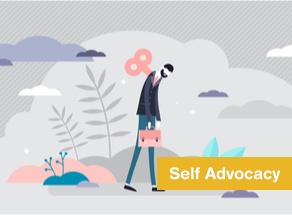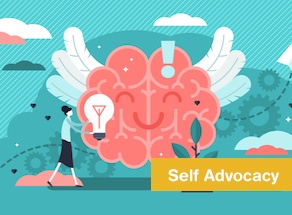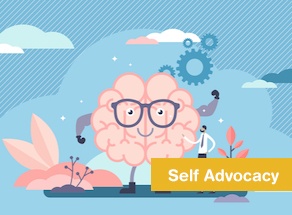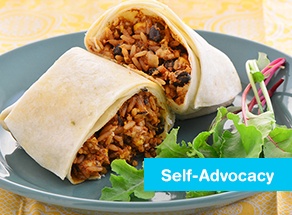Career Center
No Driver's License, No Job
06/07/2016 11:18am | 8461 viewsMILWAUKEE—Ask conservatives what the poor need to do to get out of poverty, and the answer usually involves something like, “Get a job.” That was the crux of the anti-poverty plan Paul Ryan revealed last week to shrugs, and has been the gist of many anti-poverty efforts over the past two decades.
Fitness
The Case for the 1-Minute Workout Is Getting Stronger
30/06/2016 10:04am | 8265 viewsIs the one minute workout for real? Here’s what you need to know about whether it’s right for you.
Nutrition
Is That Sugar Causes of Health Problems Associated with Obesity?
05/07/2016 07:47pm | 7567 viewsCutting most of the sugar from a child’s diet can immediately improve health, even if the diet still contains the same amount of calories and carbohydrates as before, a new study suggests.
Preventive Care
Knowledge Is Power: Improving Health Care Information For The Most Vulnerable
30/06/2016 09:59am | 8172 viewsIn health care, being an informed consumer is essential to promoting positive outcomes. Whether the issue is finding affordable care where prices vary widely, minimizing harm from medical errors, or just finding a provider, knowledge is power. Navigating the health care system is hard enough, even for health care professionals. Our most vulnerable—the uninsured, those in poverty, family caregivers, and non-English speakers—are at high risk of receiving lower-quality care, in part, because they lack the information to make choices that work for them.
Nutrition
Combating Latino Health Disparities Through Nutrition Education & Cooking
29/06/2016 12:19pm | 13539 viewsSocial determinants of health (SDOH), as identified by the CDC, are conditions in the places where people live, learn, work, and play that affect a wide range of health risks and outcomes. Access to healthy foods, education, safe neighborhoods, and quality relationships are just a few of the identified conditions that have the power to improve individual and population health as well as advance health equity. Too often minority communities experience conditions and cultural norms that complicate health.





